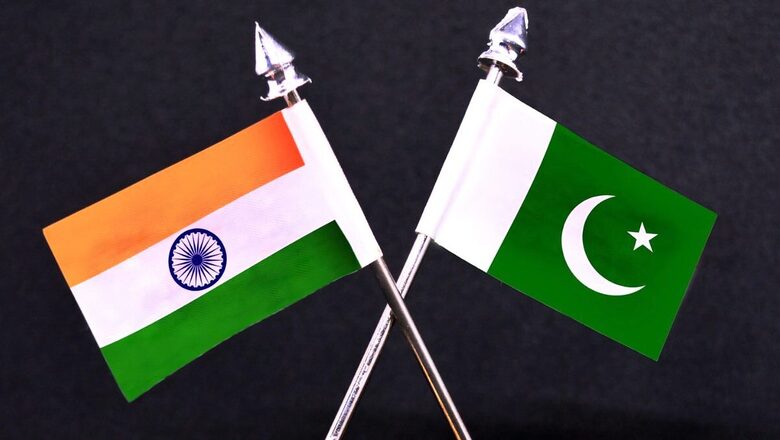
views
Ruchi Ghanashyam, an accomplished Indian diplomat, who retired from the Indian Foreign Service (IFS) in 2020, has recently published an excellent and insightful account of her time in Islamabad from 1997-2000. Her husband, AR Ghanashyam, and she were posted as Counsellors in the Indian High Commission in the Pakistani capital. Ruchi was the first lady IFS officer to serve in India’s Islamabad Mission, though an IFS couple had served in the Indian Consulate-General in Karachi in the 1980s. Ruchi’s new book, An Indian Woman in Islamabad, about her stint evoked a host of memories in me, for I was head of the Iran, Pakistan and Afghanistan (IPA) Division, as Joint Secretary, in the Ministry of External Affairs from August 1995 to August 2001.
In that capacity I had to contribute to the management of India’s ties with a neighbour which has always considered this country to be its permanent threat. And, to meet that imaginary threat, it has, from the time of its creation, chosen the path of confrontation and aggression. Indian diplomats and staff who serve in Pakistan have to bear the brunt of the Pakistani officialdom, especially its intelligence agencies, intrusive, boorish and sometimes violent conduct. The Pakistani approach to Indian diplomats is contrary to the Vienna convention; it is part of its general aggressiveness towards India. Indeed, one Pakistani senior diplomat posted in Delhi, in a moment of candour, admitted to me that his colleagues had a far easier time in India than their Indian counterparts in Pakistan. Ruchi mentions many incidents of the ungracious behaviour she had to encounter during her Islamabad assignment.
All countries maintain surveillance over foreign diplomats. It is more so on those who are believed to be ‘undercover’ intelligence officers posted in Missions and Posts. As part of this surveillance, diplomats’ phones are tapped, their mail is opened (except of course that which is through diplomatic bags) and they are sometimes followed. In almost all cases this process is conducted discreetly in order to let careless and lax diplomats reveal what they should not.
However, Pakistan pursues a different approach altogether. As Ruchi reveals and this has been a routine feature at all times, Pakistani surveillance is ‘in the face’. Its object is to intimidate not only Indian diplomats but also their own nationals from having any interaction with the Indian Mission. Only a trusted few are permitted by the Pakistani agencies to meet Indian diplomats. They are expected to brief the officials on any information they may pick up. Also, there are some persons in Pakistan who are so highly placed, socially, politically and financially, that they do not care about officialdom. But these are only a handful.
It is not only Indian diplomats who are the targets of Pakistani intelligence operatives. An Indian scholar who is obviously well-regarded in Pakistan and has had, in the past, unprecedented access, told this writer that he was having a drink in his Islamabad hotel room with a former Pakistani senior diplomat who had served in India. A couple of intelligence officials called him from the hotel lobby asking to meet him. He told them that we would do so after a while in the lobby. However, within a few minutes they barged into his room.
The Pakistani former diplomat objected to their behaviour and revealed his identity too. This had no impact on them at all. They simply ignored him and continued with their interrogation of the scholar. This was so despite the fact that he held very senior positions in the Pakistani establishment. It was obviously both a signal to the Indian scholar and his Pakistani guest that such interaction was not kosher. It is simply inconceivable that Indian intelligence persons would behave so when a senior retired official is meeting with a visiting foreigner, even a Pakistani.
The basic duty of a receiving state is to provide security to foreign accredited diplomats. Naturally, if a state does not do so there is a tendency in the sending state to derive appropriate conclusions. This leads generally to the imposition of reciprocal measures. In fact, reciprocity is a basic norm of international diplomatic life. Sometimes a state like India because of its civilizational values finds it difficult to respond in kind. This writer had such experiences during the time he was professionally dealing with Pakistan.
Once, a particularly horrendous episode had taken place some 28 years ago. An Indian official who was living with his wife and teenage daughter was dragged out of this house by 8 to 10 Pakistani officials in broad daylight. His daughter and wife clung to him and were injured. This writer was naturally angry but was asked by his superiors if he wanted to have similar action taken against a Pakistani official’s family in Delhi? I think this writer’s expression said it all. Part of the problem lay in the fact that Pakistani staff all lived in a single compound while Indian staff lived separately in individual dwellings. This problem has now been addressed because a large complex housing the Mission staff and officers has been constructed in Islamabad. This will immeasurably add to the security and safety of our diplomats and Mission staff.
This writer recalls an interesting episode. Along with a colleague he had to visit Karachi in the mid-1990s. The two of us at first visited our High Commission in Islamabad and thereafter proceeded to Karachi accompanied by an Indian diplomat posted in the Pakistani capital. He had made arrangements in a leading Karachi hotel. We three were made to wait for more than an hour before we could check into our rooms even though we had arrived well after checking-in time and the hotel was expecting us. The next day the hotel owner, a leading member of Karachi society, arranged a sumptuous high-tea for us to apologise for the delay in our checking-in the day earlier. He told us that his managers ‘dreaded’ the stay of Indian High Commission diplomats. This was because he had to take care of the food and even provide some accommodation to a multitude of intelligence personnel. Worse, after the diplomats had checked out sometimes even the toilets were dismantled just in case the diplomats had chosen to flush out some papers which could be retrieved! The three of us had a hearty laugh. This was naturally the height of paranoia. While more than two and a half decades have passed it is doubtful if the basic approach of the Pakistani agencies has changed.
There is a lot more in Ruchi Ghanshyam’s book than the travails of Indian diplomats because of the crudity of the Pakistani intelligence agencies against Indian diplomats. There are interesting social episodes, friendships that even the agencies could not impede and the counterproductive policies of the Pakistani government. There are also accounts from the perspective of a diplomat based in Islamabad of the hijacking of IC 814, the Kargil war and Atal Bihari Vajpayee’s visit to Lahore in February 1999.
Ruchi also gives an account of how the army has been ripping off the Pakistani people. That process continues.
The writer is a former Indian diplomat who served as India’s Ambassador to Afghanistan and Myanmar, and as secretary, the Ministry of External Affairs. Views expressed in the above piece are personal and solely those of the author. They do not necessarily reflect News18’s views.










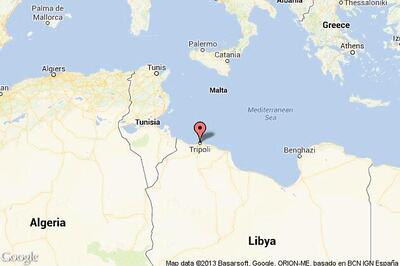
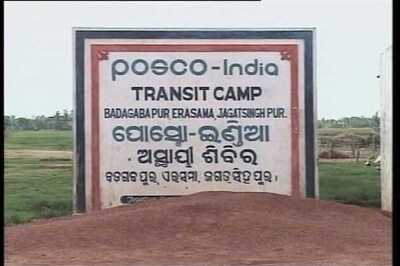
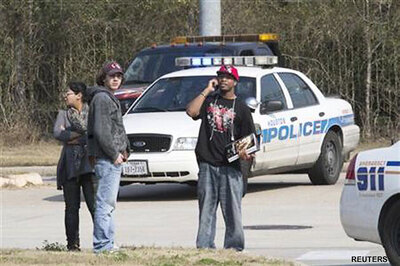
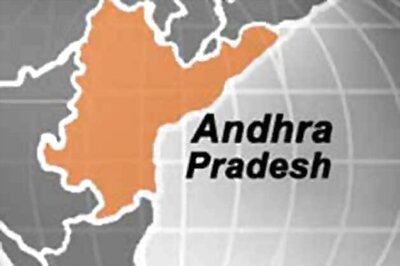





Comments
0 comment